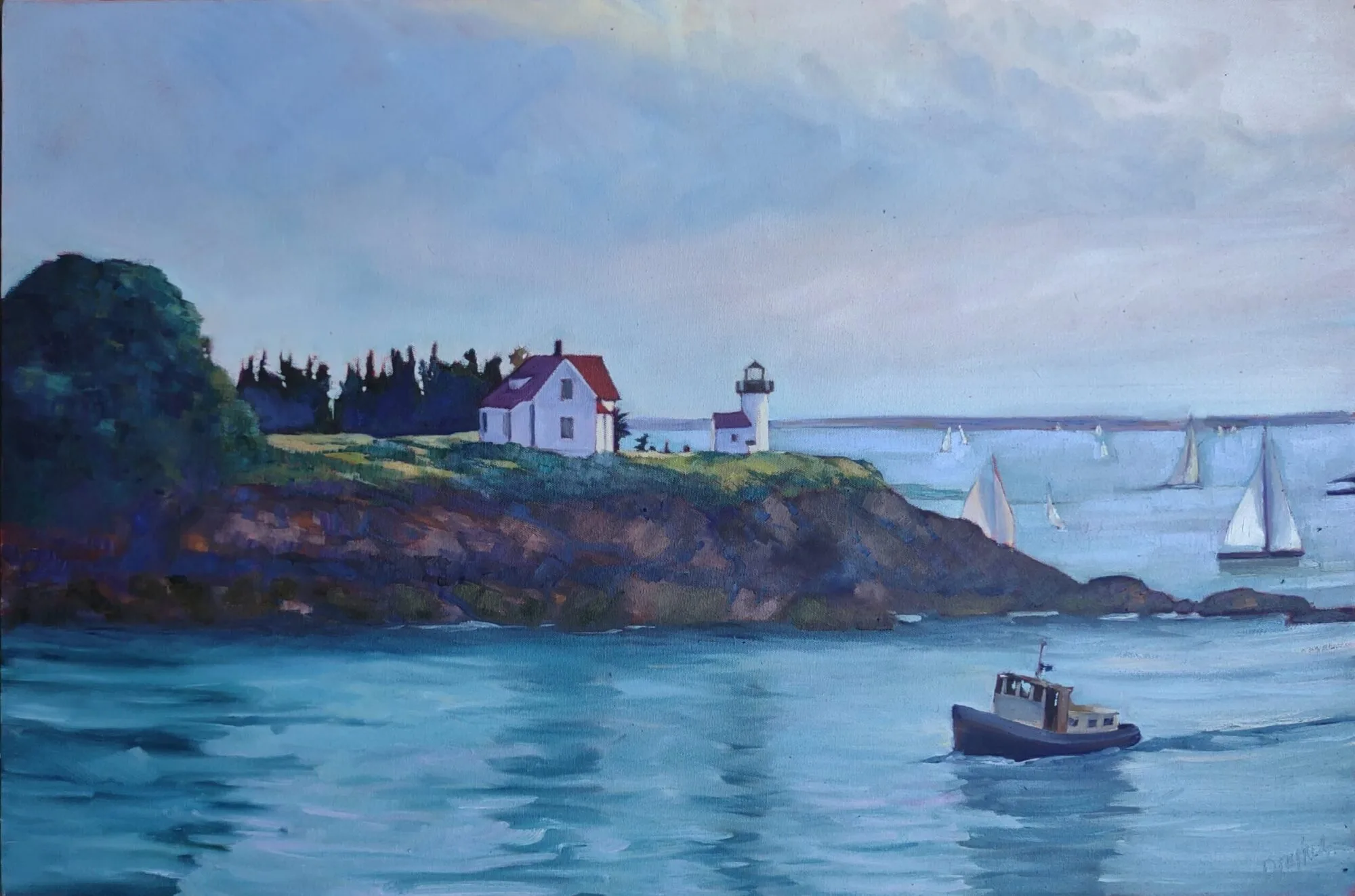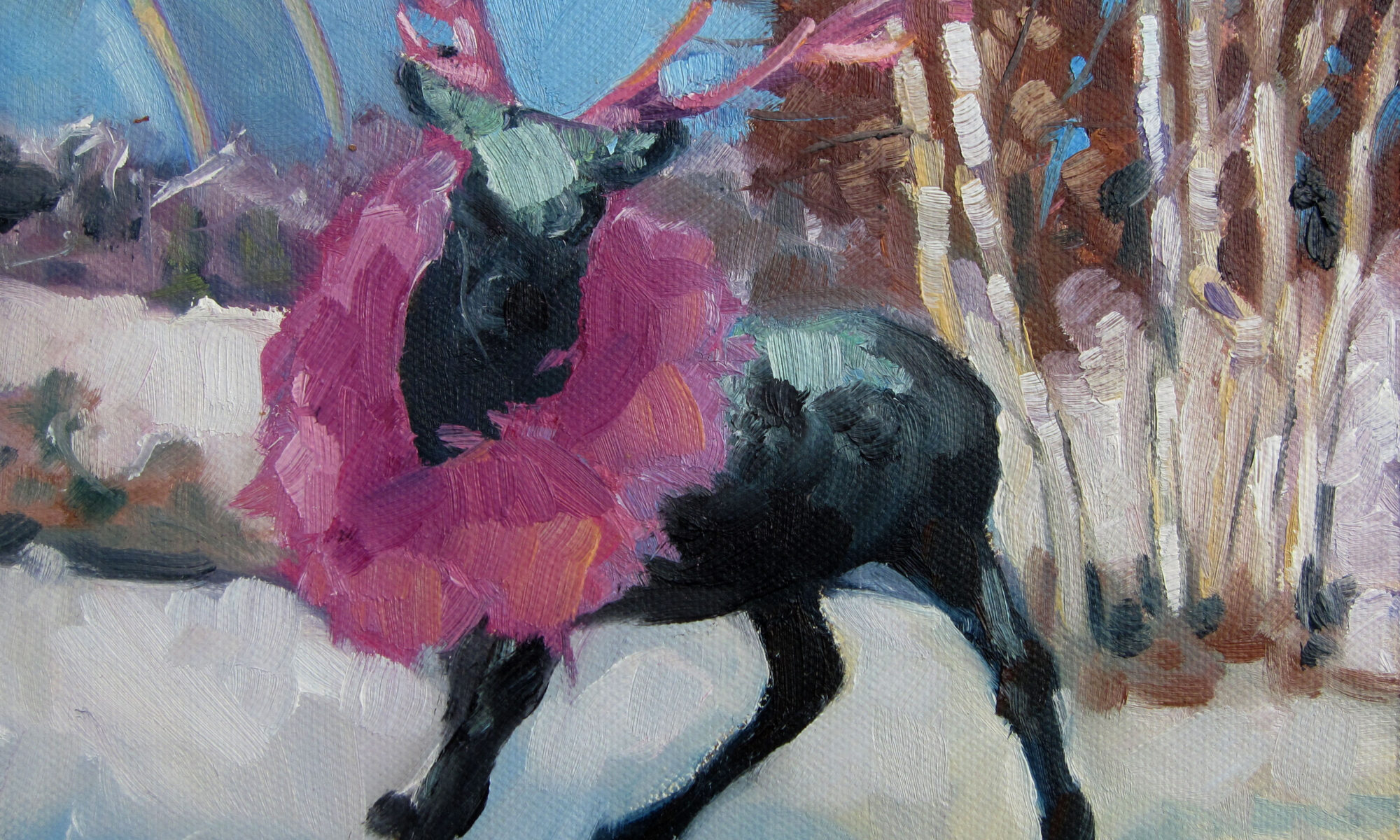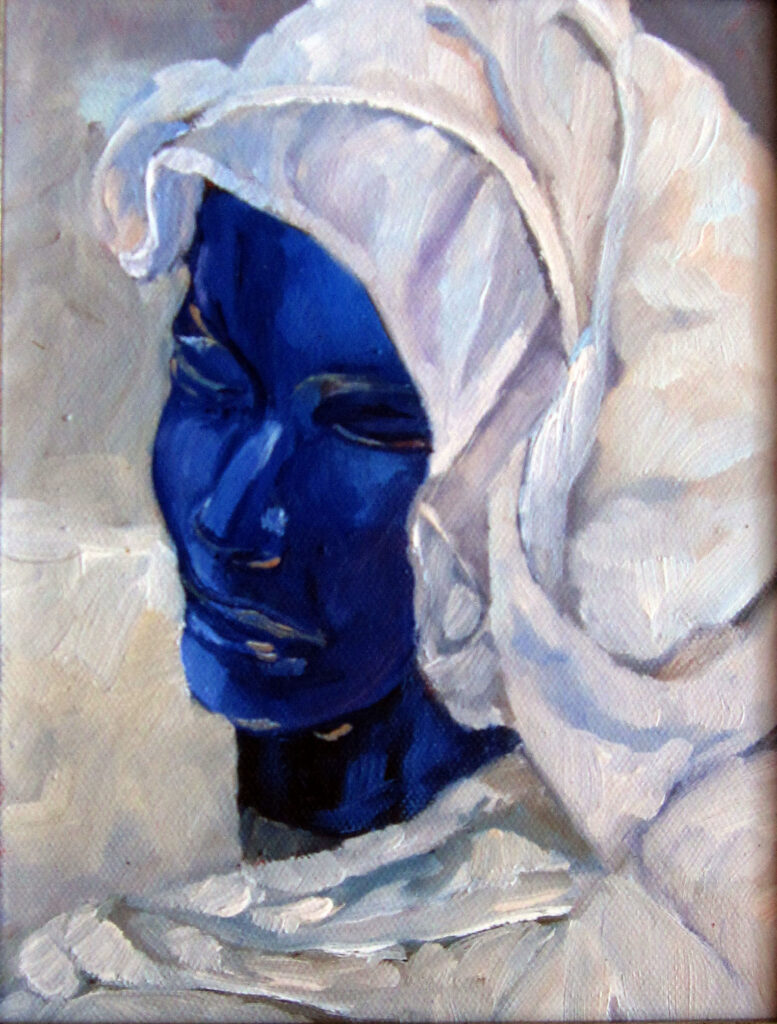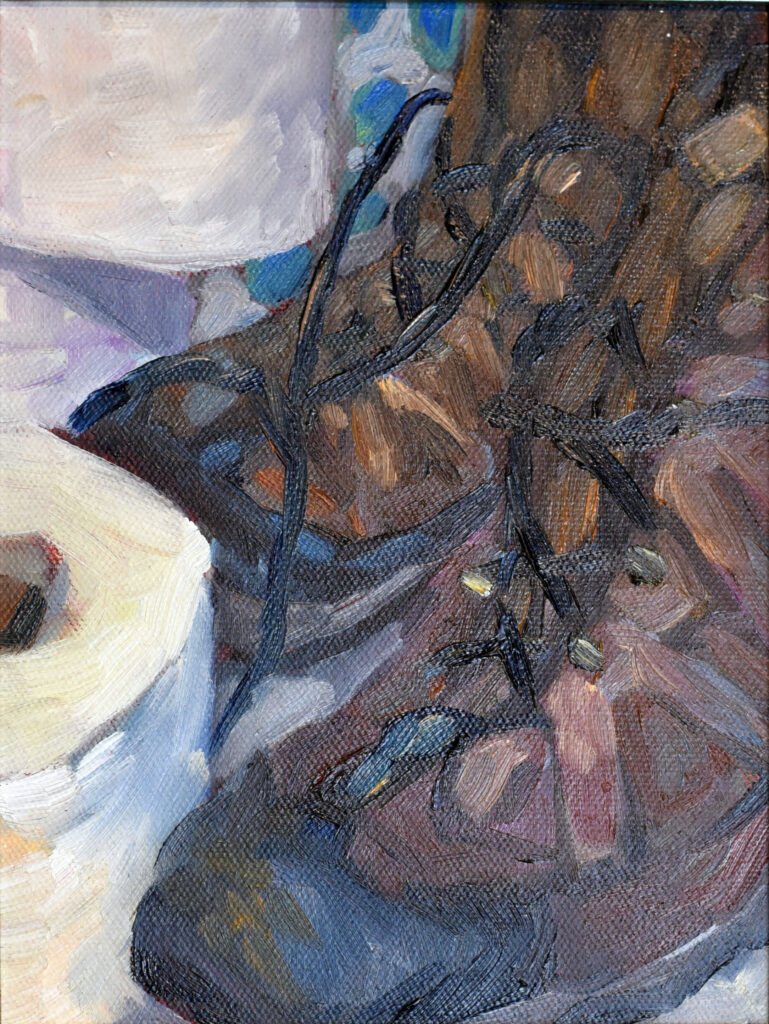A lot of my sentences these days start, “When I was a child…” Here’s one: when I was a child, most people had basic sewing skills. They were so fundamental that the government issued free instructional pamphlets to encourage people to sew more. The same was true of canning, gardening, and appliance repair.
Today, why fix or make it when you can buy it for less? Sewing has gone the way of the buggy whip, and unless something radically changes in the world economy, sewing has become a hobby.
Technology hasn’t replaced work; here in the US, those of us who work are putting in the same basic workweek as our grandparents did in 1940. But what we do in that time is very different.
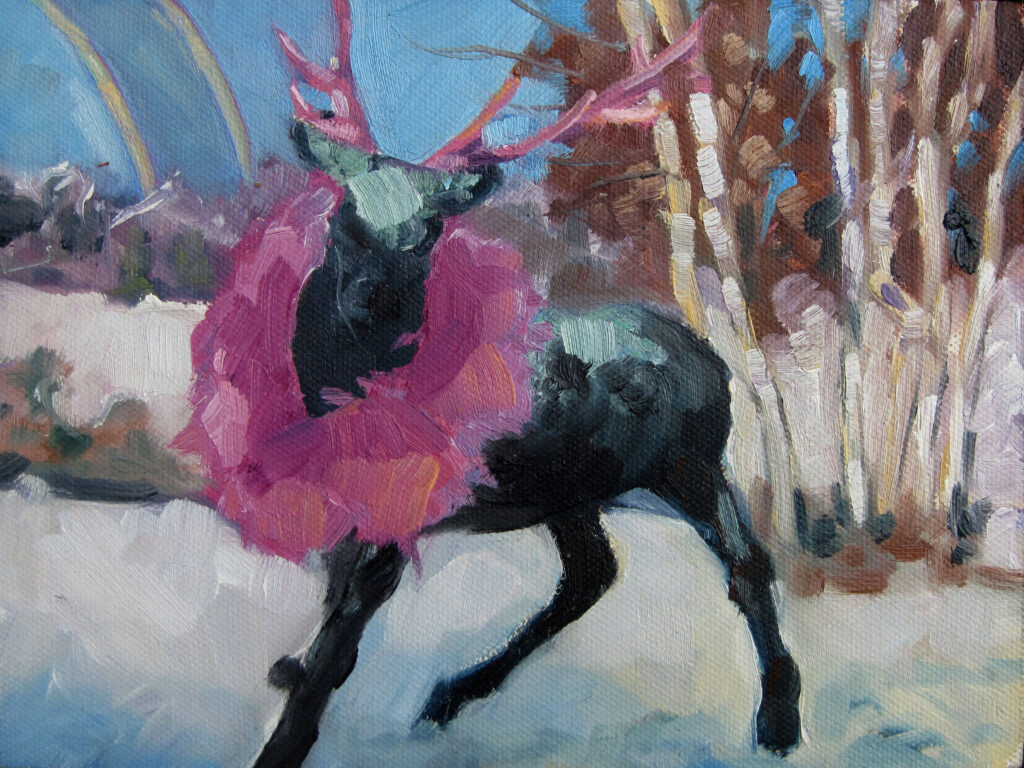
Deskilling or changing?
The extended-play version of my wedding album was shot on just a few rolls of film. The photographer was extremely skilled at metering and setting exposures. Today’s typical wedding photographers shoot hundreds of pictures, focusing much more on candid shots. The camera does the technical work and the difference between any two shots in a sequence will be mostly chance.
That doesn’t mean a trained monkey can take your wedding pictures. There remain the questions of composition, visual storytelling and context. None of those can be automated and they certainly can’t be added after the fact.
Deskilling art
A few years ago, most AI-generated images were laughable. They have gotten frighteningly better; there are times when only the context tells us they’re impossible (like these Trump-Biden AI-generated ‘buddy’ pictures). The only thing standing between us and a complete breakdown of factual verification is the integrity of our news sources. Ouch.
I recently wrote a lesson about still life and was looking for an example in hyperrealism. Despite having decades of experience looking at and analyzing art, I could not tell from online images if what I was seeing was painted by human hands or was computer-generated. That means that the only thing the hyperrealist painter has is his or her brush strokes, and I am not certain that AI isn’t coming for those, too.
Hyperrealism isn’t, of course, photorealism—it’s as much an edited form of reality as impressionism. But it’s easier to fake with a computer.
What this means for the rest of us
Most of us are not interested in the absolute bell-like clarity of hyperrealism. That gives us a little breathing room, but it still leaves the question of why we’re making art, and how we can do it in a way that says more than AI will.
I wrote Monday’s post about funny paintings in part because for the last month or so I’ve been seeing variations on a worn-out theme. These are not-particularly well-painted portraits of politicians spattered with verbiage. Their faces being well-known and the words being obvious, I think this would be very easy for AI to dupe. However, one thing AI seems incapable of doing is writing good jokes.
It’s harder to be funny than to be didactic. It’s harder to be winsome than to be angry. It’s harder to be subtle than to hit the viewer over the head with a sledgehammer. And, yes, it’s harder to think about beauty and logic and proportion than about dogma. So, if you’re looking for job security in the age of deskilling art, be smarter than your average AI image generator.
Reserve your spot now for a workshop in 2025:
- Advanced Plein Air Painting, Rockport, ME, July 7-11, 2025.
- Sea and Sky at Acadia National Park, August 3-8, 2025.
- Find Your Authentic Voice in Plein Air, Berkshires, MA, August 11-15, 2025.
- Immersive In-Person Fall Workshop, Rockport, ME, October 6-10, 2025.
